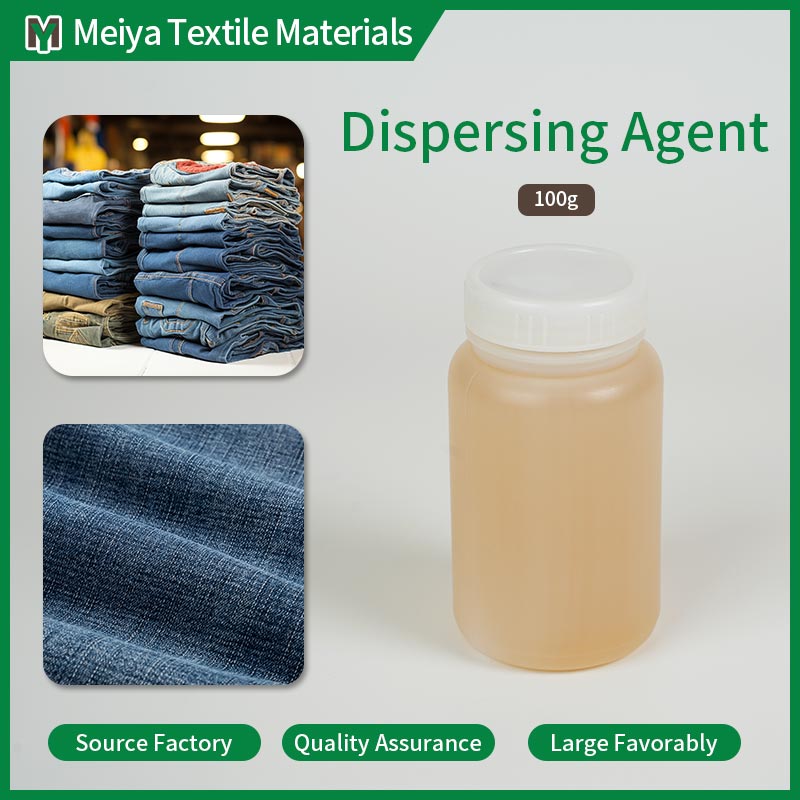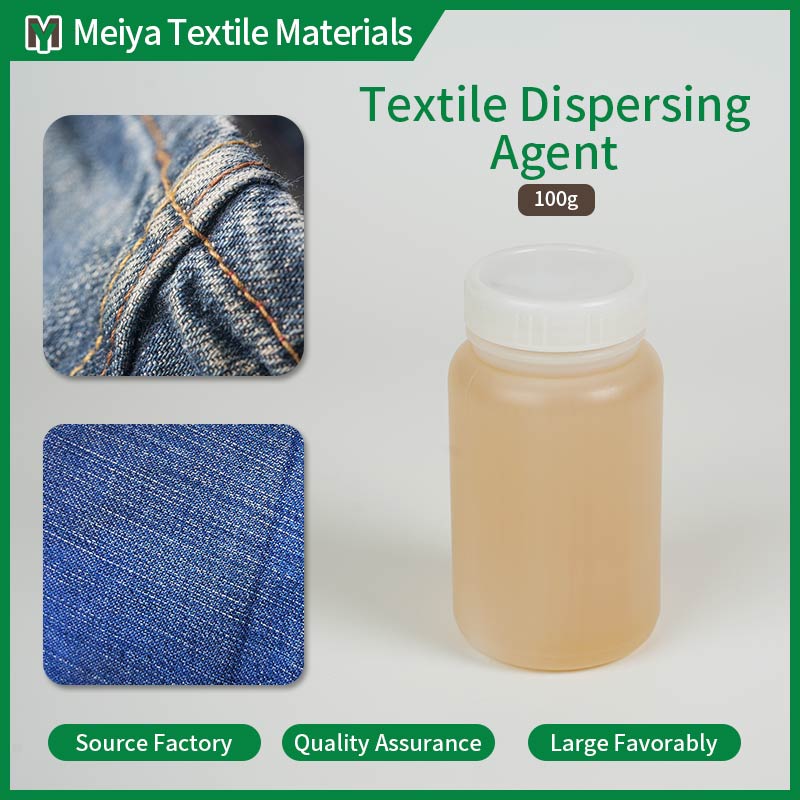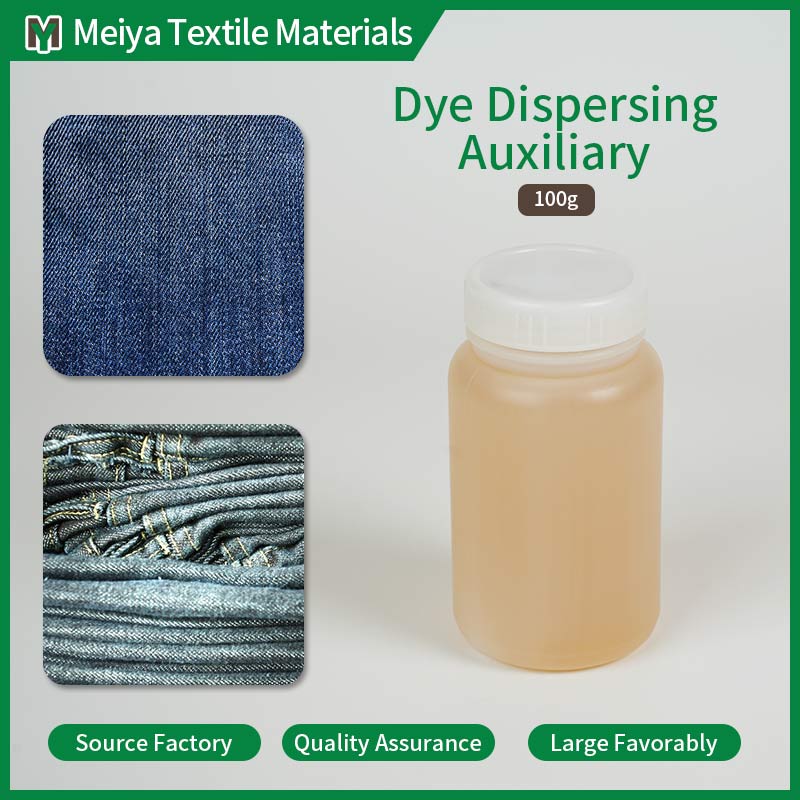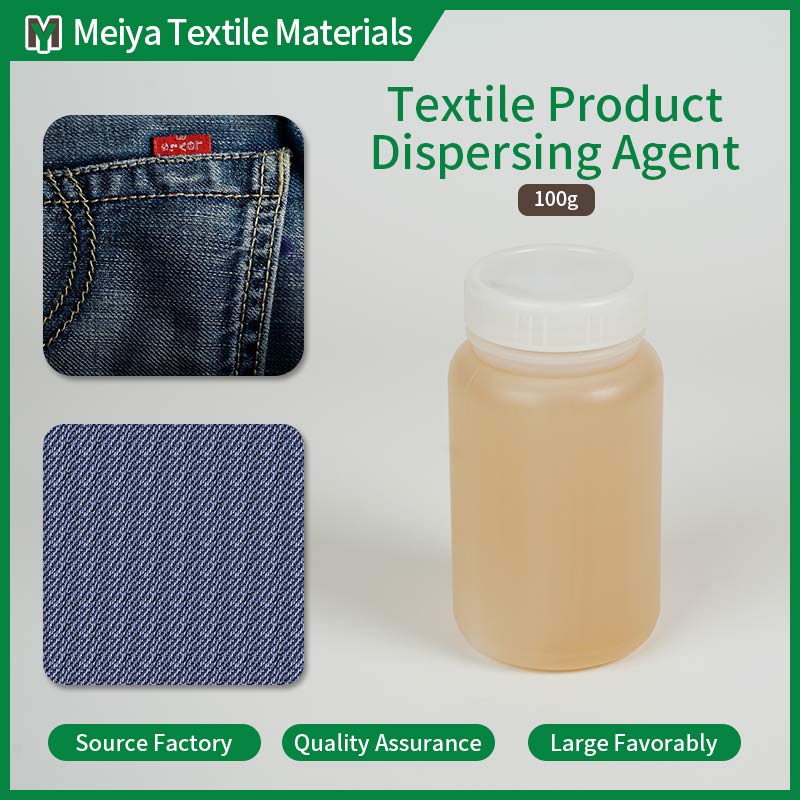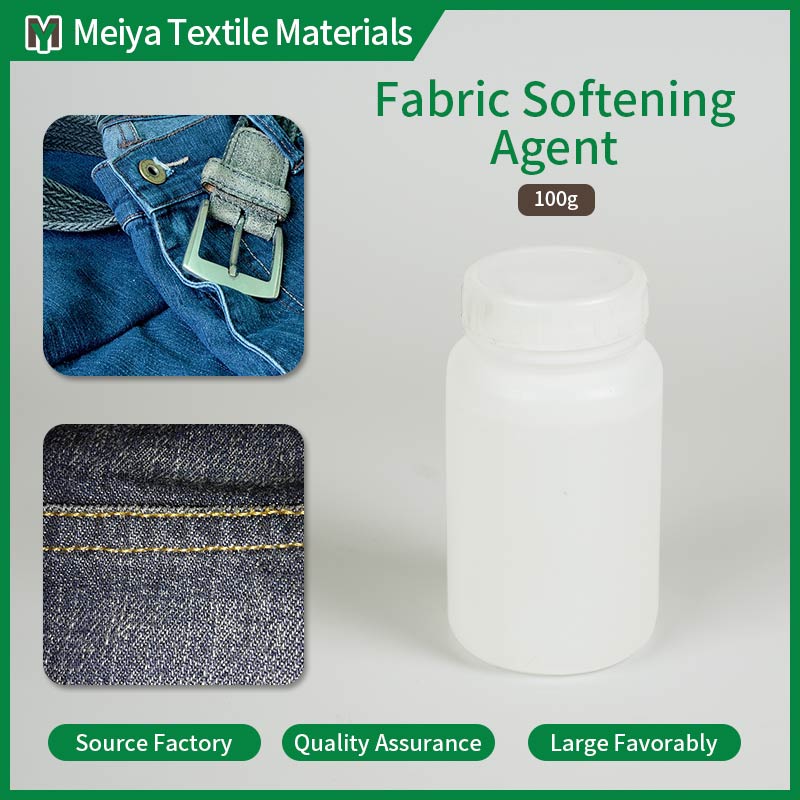Laundry Pretreatment Agents
Please click the button below to contact us.
Introduction:China Fabric Softening Agent Manufacturer reports indicate that this product is essential for attaining superlative softness as well as ease in textiles meant for clothes thereby ensuring client satisfaction and product differentiation in the market.
Product Description
Fabric Softening Agent is a chemical composition used in the textile industry to provide fabrics with a smooth feel. The application of it during finishing process leads to fiber friction reduction that increases tactile comfort. Reduced fabric stiffness, better drape, and fewer wrinkles are some of the benefits that make cloth comfortable such as garments or beddings. Fabrics like clothing, bed linens and towels are made to be soft and these agents help maintain that softness for a long time making them attractive to customers.China Fabric softening agent Manufacturer reports indicate that this product is essential for attaining superlative softness as well as ease in textiles meant for clothes thereby ensuring client satisfaction and product differentiation in the market.
Fabric Softening Agent Features:
Softening Effect Agent exhibit distinct characteristics that make them invaluable in the textile industry. Here are key features:
1. Softness Enhancement:
Fabric Softening Agents excel in enhancing the softness of textiles, reducing fiber friction to create a smoother and more comfortable feel against the skin.
2. Improved Fabric Drape:
These agents contribute to better fabric drape, allowing textiles to hang and fall more gracefully. This is particularly beneficial for garments and home textiles, enhancing their aesthetic appeal.
3. Wrinkle Reduction:
fabric softening agents help minimize fabric wrinkling, reducing the need for excessive ironing. This feature enhances the overall appearance of textiles and simplifies maintenance.
4. Quick Absorption:
Designed for rapid absorption into fabrics, these agents ensure efficient and uniform distribution, contributing to time-efficient manufacturing processes.
5. Compatibility with Various Fibers:
Fabric Softening Agents are formulated to be compatible with a diverse range of fibers, including natural fibers like cotton and wool, as well as synthetic fibers such as polyester.
6. Long-Lasting Softness:
The softness imparted by these agents is often long-lasting, even through multiple wash cycles. This longevity enhances the durability and wear comfort of textiles over time.
7. Versatile Application Methods:
Fabric Softening Agents can be applied through various methods, including exhaust, padding, or spraying, offering flexibility in incorporating softening treatments into different stages of textile production.
8. Enhanced Comfort in Apparel:
Particularly significant in the apparel industry, these agents contribute to the overall comfort of clothing items, making them more enjoyable for wearers.
9. Complementary to Other Finishes:
Fabric Softening Agents can be used in conjunction with other finishing treatments, allowing for the simultaneous enhancement of multiple textile properties, such as water repellency or flame resistance.
10. Adaptability to Eco-Friendly Practices:
Some Fabric Softening Agents are formulated to meet eco-friendly standards, aligning with the textile industry's increasing focus on sustainable and environmentally conscious manufacturing practices.
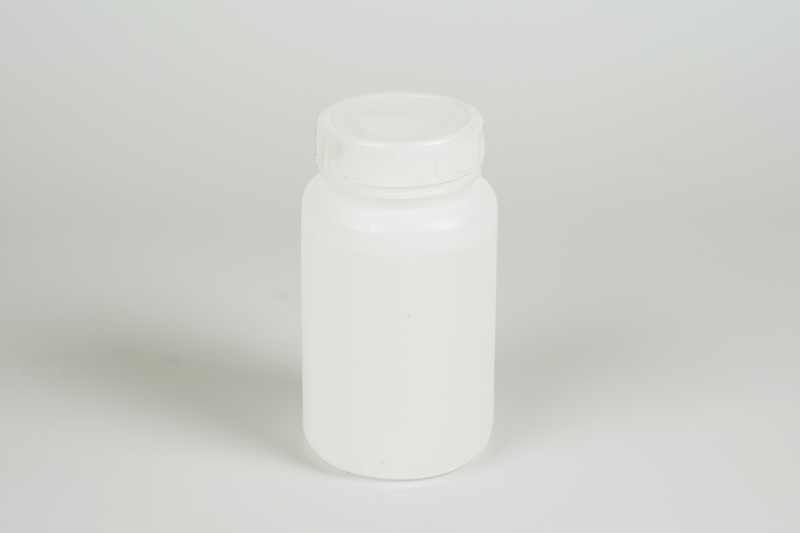
Fabric Softening Agent Application:
Fabric Softening Agents find widespread application across various sectors of the textile industry:
1. Apparel Manufacturing:
Fabric Softening Agents are extensively used in the production of garments to enhance the softness and comfort of clothing items, contributing to a luxurious feel against the skin.
2. Home Textiles:
In the manufacturing of home textiles such as bed linens, curtains, and towels, fabric softening agents are applied to provide a softer touch and a more comfortable feel. This enhances the overall quality and user experience of these textile products.
3. Textile Finishing Mills:
Fabric Softening Agents are commonly employed in finishing mills where they contribute to the final treatment of fabrics. This includes applications on woven and knitted fabrics to achieve desired softness levels.
4. Garment Wash Processes:
Softening agents play a key role in garment washing processes, providing a soft and worn-in feel to denim and casual wear. This application is popular in the fashion industry to achieve specific aesthetics.
5. Apparel Retail:
Softened textiles are highly valued in retail, where consumers often prioritize comfort and feel when choosing clothing items. Many apparel brands incorporate softening treatments to enhance the appeal of their products.
6. Hospitality Industry:
Softened textiles are utilized in the hospitality sector for items like hotel linens and towels. The luxurious feel contributes to a positive guest experience and reflects on the perceived quality of the establishment.
7. Technical Textiles:
In technical textiles used for industrial applications, softening agents can be applied to improve the tactile properties of materials without compromising their functionality. This is common in textiles used in automotive interiors and other specialized fields.
8. Customization of Textile Properties:
Softening agents provide manufacturers with the ability to customize the tactile properties of textiles according to specific market demands. This flexibility is particularly valuable in meeting diverse consumer preferences.
9. Eco-Friendly Textile Practices:
Softening agents are increasingly formulated to align with eco-friendly and sustainable practices, addressing the industry's growing emphasis on environmentally conscious manufacturing processes.
10. Workwear and Uniforms:
Softened textiles are applied in the production of workwear and uniforms to enhance comfort for individuals wearing these garments throughout the day. This is especially relevant in industries where comfort is a key consideration.
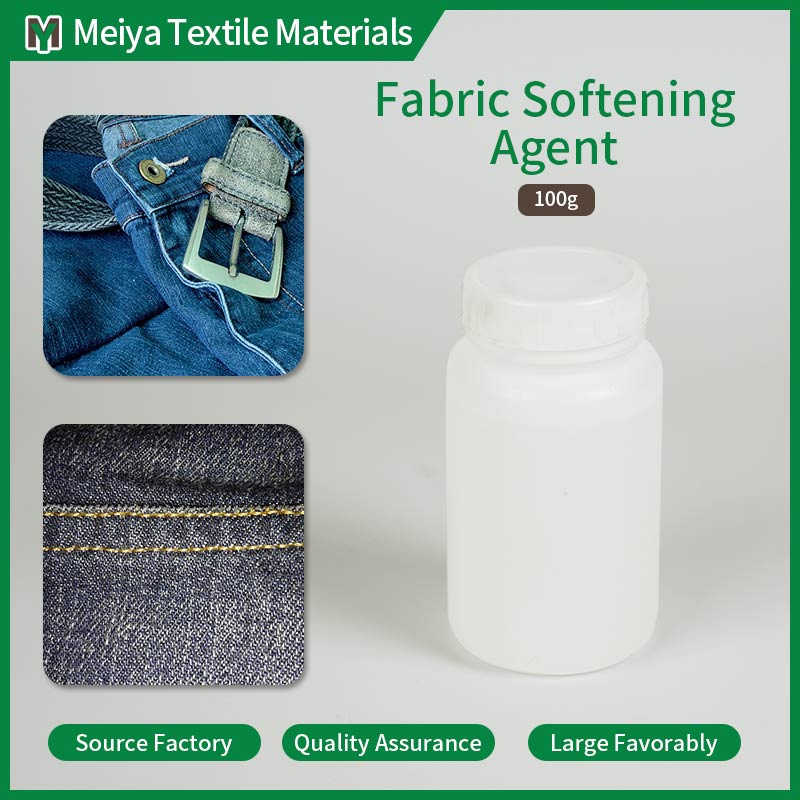
Fabric Softening Agent FAQs:
What is the main purpose of using Fabric Softening Agents in textiles?
Fabric Softening Agents are used to enhance the softness of textiles, providing a smoother and more comfortable feel. They reduce fiber friction, contributing to a luxurious texture.
Can Fabric Softening Agents be applied to all types of fabrics?
Yes, Fabric Softening Agents are formulated to be compatible with various fabrics, including natural fibers like cotton and wool, as well as synthetic fibers such as polyester.
How do Fabric Softening Agents contribute to garment manufacturing?
Fabric Softening Agents improve the overall comfort of garments by reducing fabric stiffness and enhancing the drape. This makes clothing items more pleasant to wear.
Do Softening Agents affect the color or appearance of textiles?
Fabric Softening Agents are designed to have minimal impact on the color or appearance of textiles. They primarily focus on enhancing tactile properties without significantly altering visual characteristics.
How long does the softness achieved by Fabric Softening Agents last?
The softness imparted by Fabric Softening Agents is often long-lasting, remaining effective through multiple wash cycles. This durability contributes to prolonged comfort.
Can Fabric Softening Agents be used in conjunction with other finishes?
Yes, Fabric Softening Agents can be applied in conjunction with other finishing treatments, allowing manufacturers to achieve multiple desired properties simultaneously, such as water repellency or flame resistance.
Are there environmentally friendly options for Fabric Softening Agents?
Yes, there are eco-friendly formulations of Fabric Softening Agents that meet environmental standards, aligning with the textile industry's push towards sustainable practices.
In which industries are softened textiles particularly valued?
Softened textiles are highly valued in apparel manufacturing, home textiles, hospitality, and retail industries, where the comfort and feel of textiles play a crucial role in consumer preference.
How do Fabric Softening Agents contribute to wrinkle reduction?
Fabric Softening Agents help minimize fabric wrinkling, contributing to a smoother appearance and reducing the need for extensive ironing.
Can Fabric Softening Agents be used on technical textiles?
Yes, Fabric Softening Agents can be applied to technical textiles used in industrial applications to improve comfort without compromising the functionality of the material.

